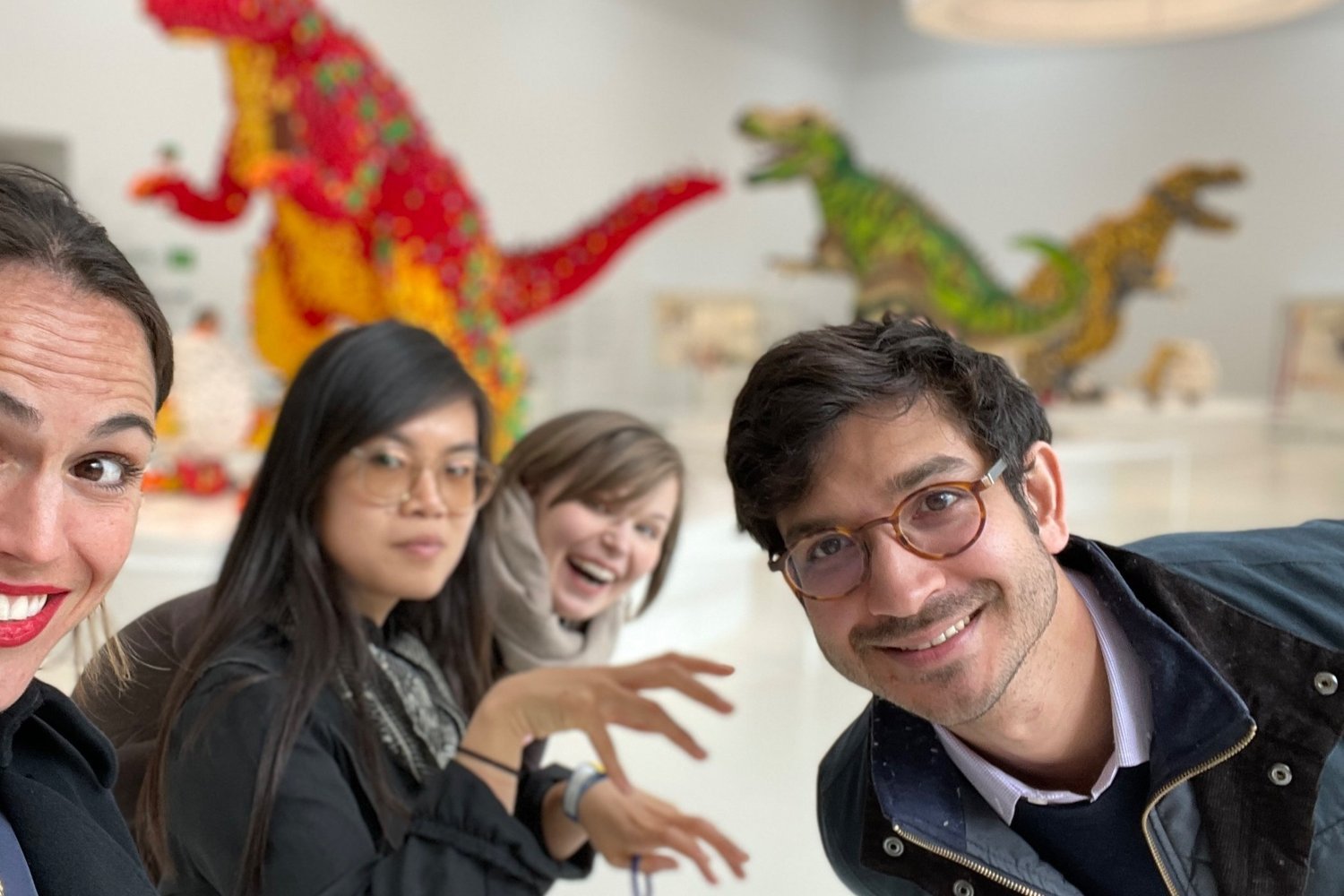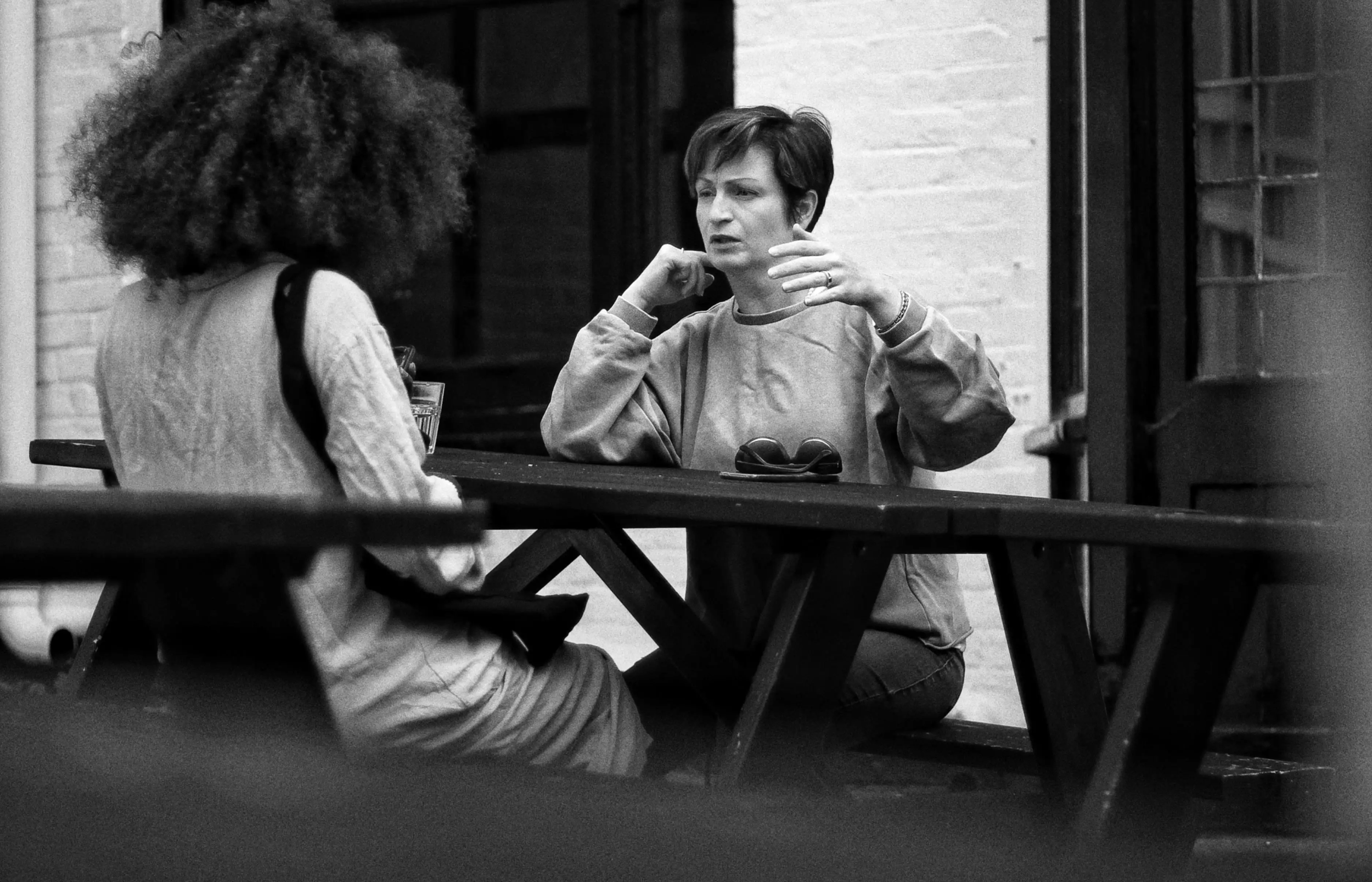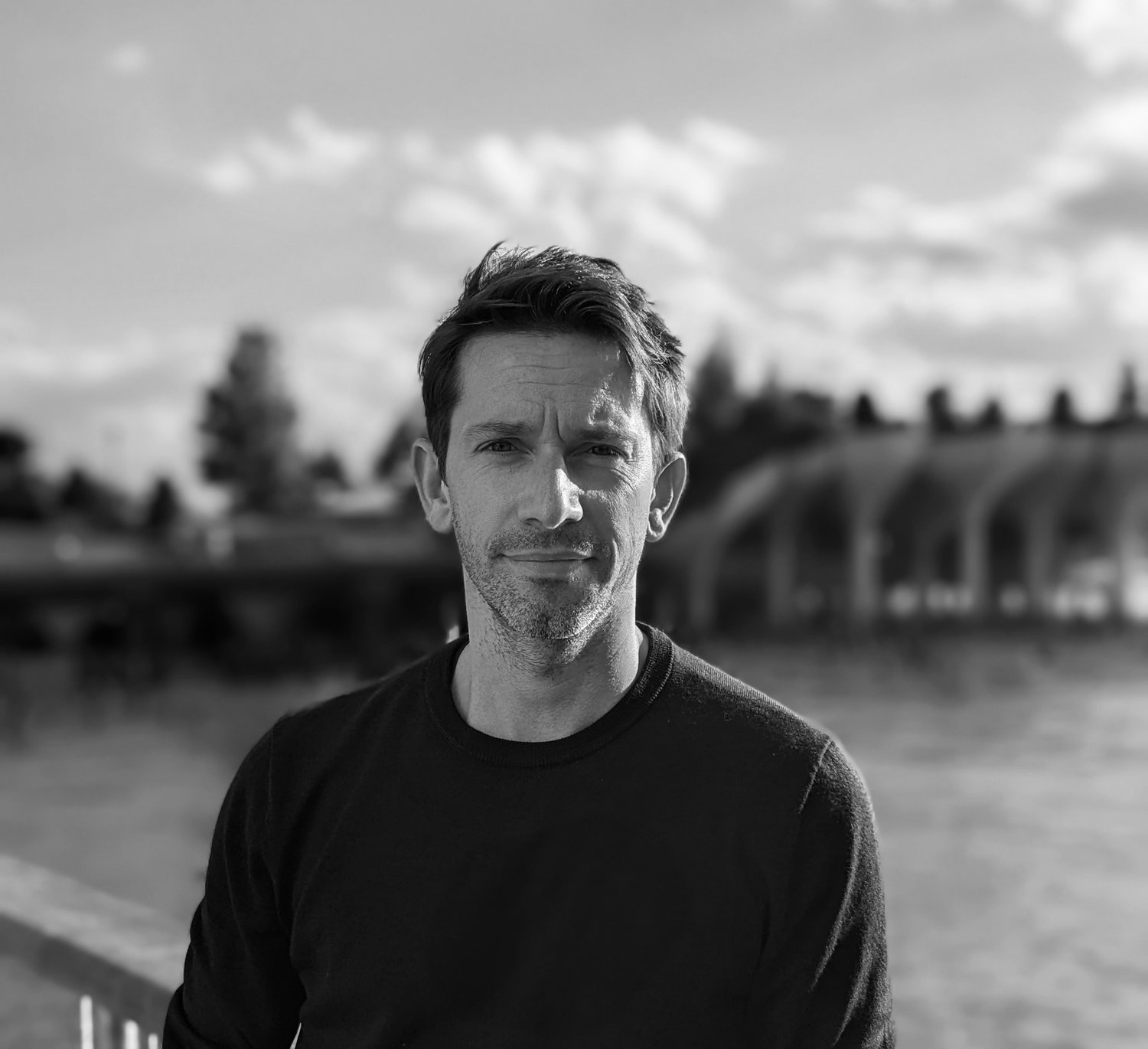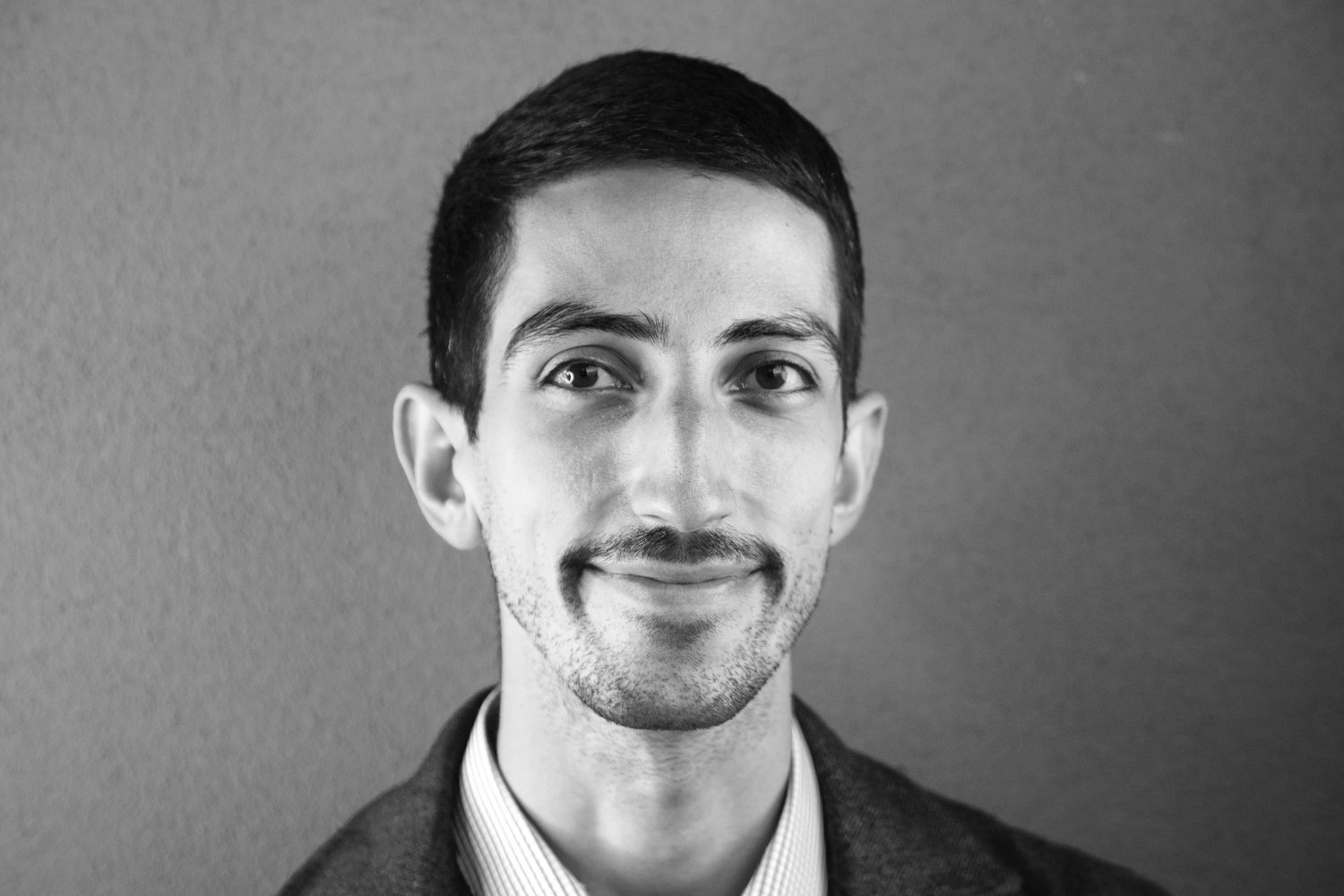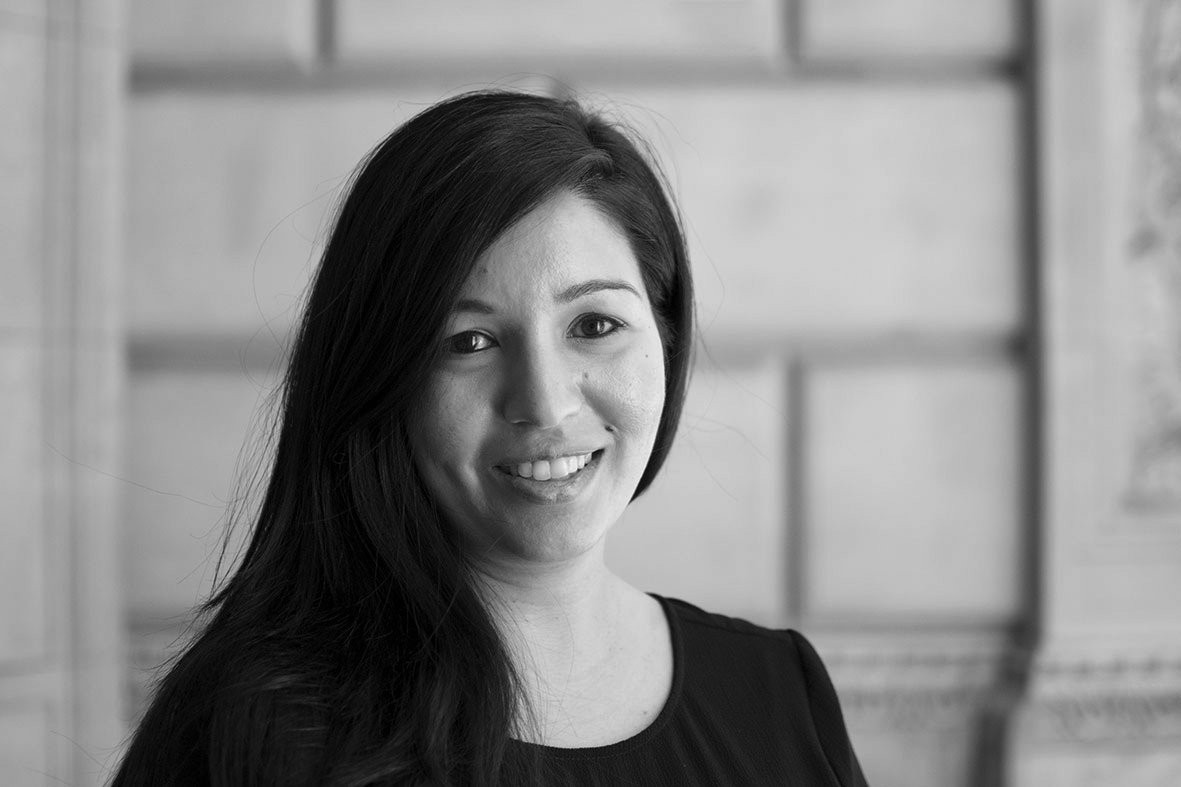Community Talks: Farhad Anklesaria
Farhad Anklesaria is currently a psychoanalyst in training. He previously co-founded an educational start-up Essai Education in India and was a strategy consultant at ReD from 2010-11.
Vozes, não dados: construindo conexões entre clientes e participantes da pesquisa
Camila sentou-se em seu sofá rosa desbotado, desenfaixou a atadura em torno da panturrilha e me mostrou um ferimento roxo, uma parte da pele em crosta e uma parte úmida. Sua filha Cecilia sentou na beirada de uma cadeira no canto, completando os vazios na história:
Community Talks: Benedikt Fischer
Benedikt is a Senior Strategist & User Experience Researcher at Waymo, an autonomous vehicle company. Before Benedikt worked as a strategy consultant at ReD in Copenhagen and New York where he led projects with clients in the mobility, pharmaceutical, luxury, and consumer goods industries.
Community Talks: Sarah LeBaron von Baeyer
A ReD alum discusses how her fieldwork at ReD prepared her for her current role at a genomics company.
Beauty in China: Impressions from ReD Associates’ research in China
This short video presents a glimpse into what it means to be a woman in today's China.
‘Anthro-Vision’: A Conversation with Gillian Tett
Gillian Tett of the Financial Times discusses her latest book, ‘Anthro-Vision’ with ReD partners.
ReD Community Talks: Alice Dufeu
A ReD alum discusses how she uses sensemaking in a new start-up focusing on social impact.
Understanding Vaccine Acceptance in Kenya: Postcards from the Field with James Mumbo
An inside look at our research in Kenya on the intersection between trust and COVID-19 vaccines.
ReD Community Talks: Cengiz Cemaloglu
A ReD alum discusses how applied anthropology prepared him for business school.
Inside the ICE House Podcast: Millie Arora
Check out ReD Associates Partner Millie Arora podcast interview with NYSE's Inside the ICE House.
Putting the ‘Social’ Back in ‘Social Science’ Research
In this EPIC blog, Mikkel Krenchel makes the case for businesses to see their communities and make sense of their social worlds.
The Moonshot Tech Challenge of Our Era is Context
A ReD paper based on work conducted with Facebook Reality Labs offers reflections on why context matters and how to study abstract concepts in everyday life.
Screenplay, Novel, and Poem: The Value of Borrowing From Three Literary Genres to Frame Our Thinking as We Gather, Analyze, and Elevate Data in Applied Ethnographic Work
Applied ethnography still struggles with the fundamental challenges of framing research to obtain ‘thick’ data, making sense of data in teams and with clients, and making a convincing case with data in challenging environments.
Tools For Ethnographic Teamwork
New Danish textbook out with contribution from ReD Associates on tools for doing fieldwork in teams.
Applying Theory to Applied Ethnography
In applied ethnographic praxis, how should we use theory? Exploring how existing theory from a variety of domains has supported and advanced our work, this paper justifies and demonstrates how theory can be used in an accessible and practical manner when framing research and analyzing experience in the field.
Webinar On The New Energy Future - Making Sense Of The Changing Energy Landscape
ReD Associates and Edison Energy spent more than a year meeting with hundreds of people who have a hand in energy management at large companies and organizations conducting what is perhaps the most comprehensive study ever done on the role of energy in large organizations and the challenges and changes in corporate energy management.
Fieldnotes As A Social Practice
Elevating And Innovating Fieldnotes In Applied Ethnography, Using A Collaborative Online Tool As A Case Study. Presented at the EPIC conference 2015 in Sao Paulo.
Corporate Anthropologists as Trending Trope in Today’s Public Imagination
Anthropologists in popular culture - 6 prominent clichés.
Creating An Innovation Culture
Innovation inside many of these companies is characterized by strong teamwork across disciplines, business units, and professional functions. There is a very widespread idea that innovation is driven by a lonely genius, a specific department, or a very special group of innovation champions, but this does not appear to be the case in these high-performing cultures.

